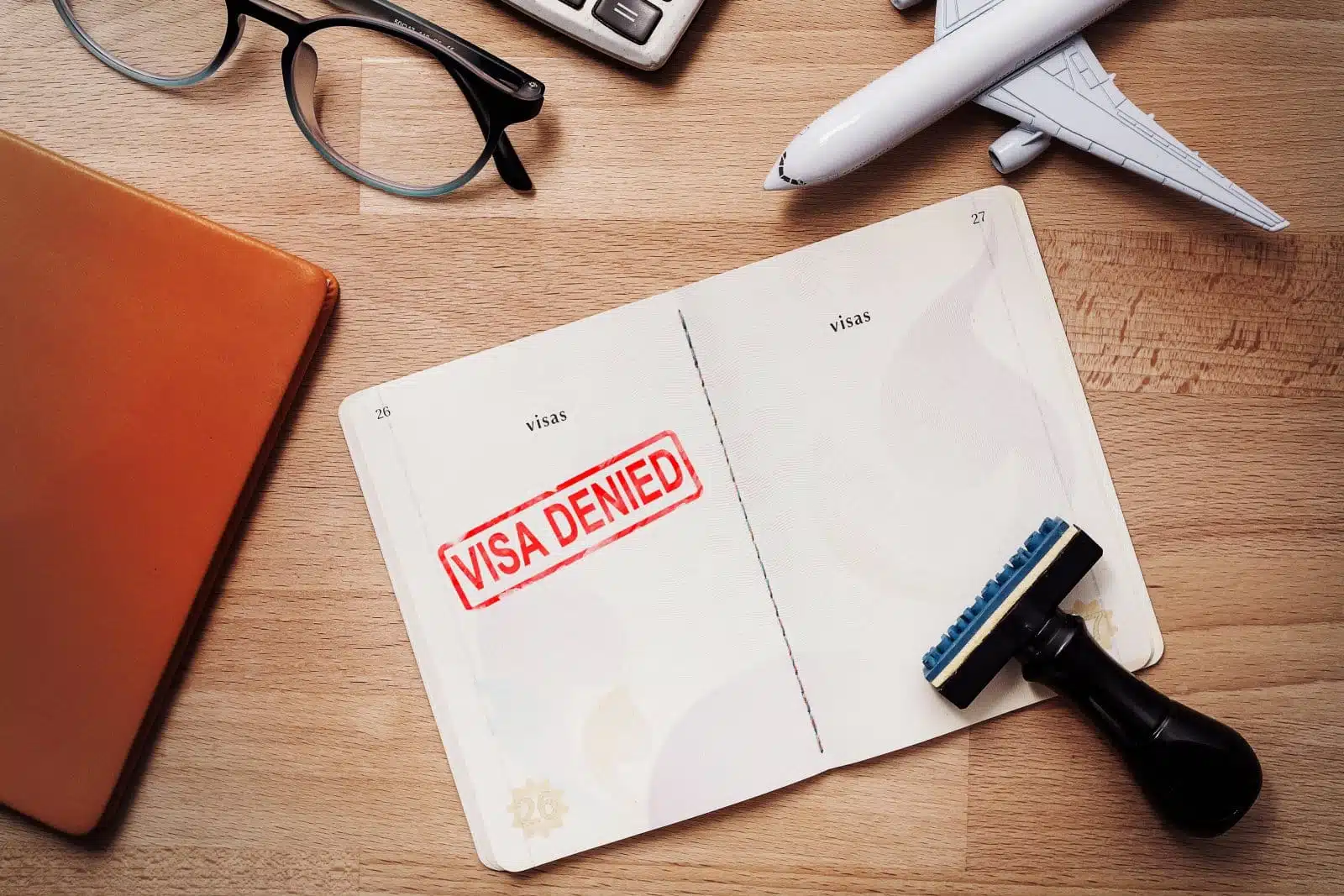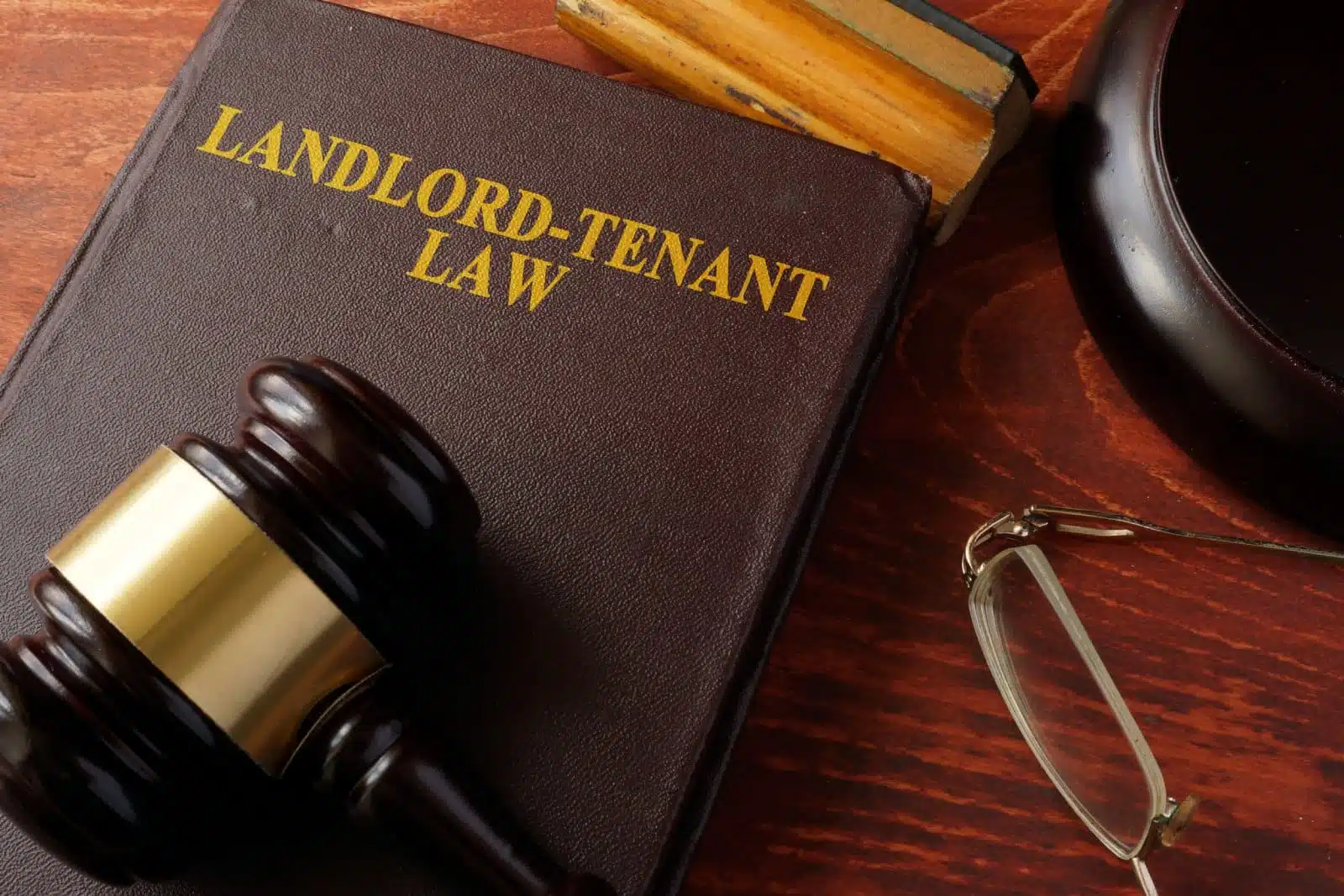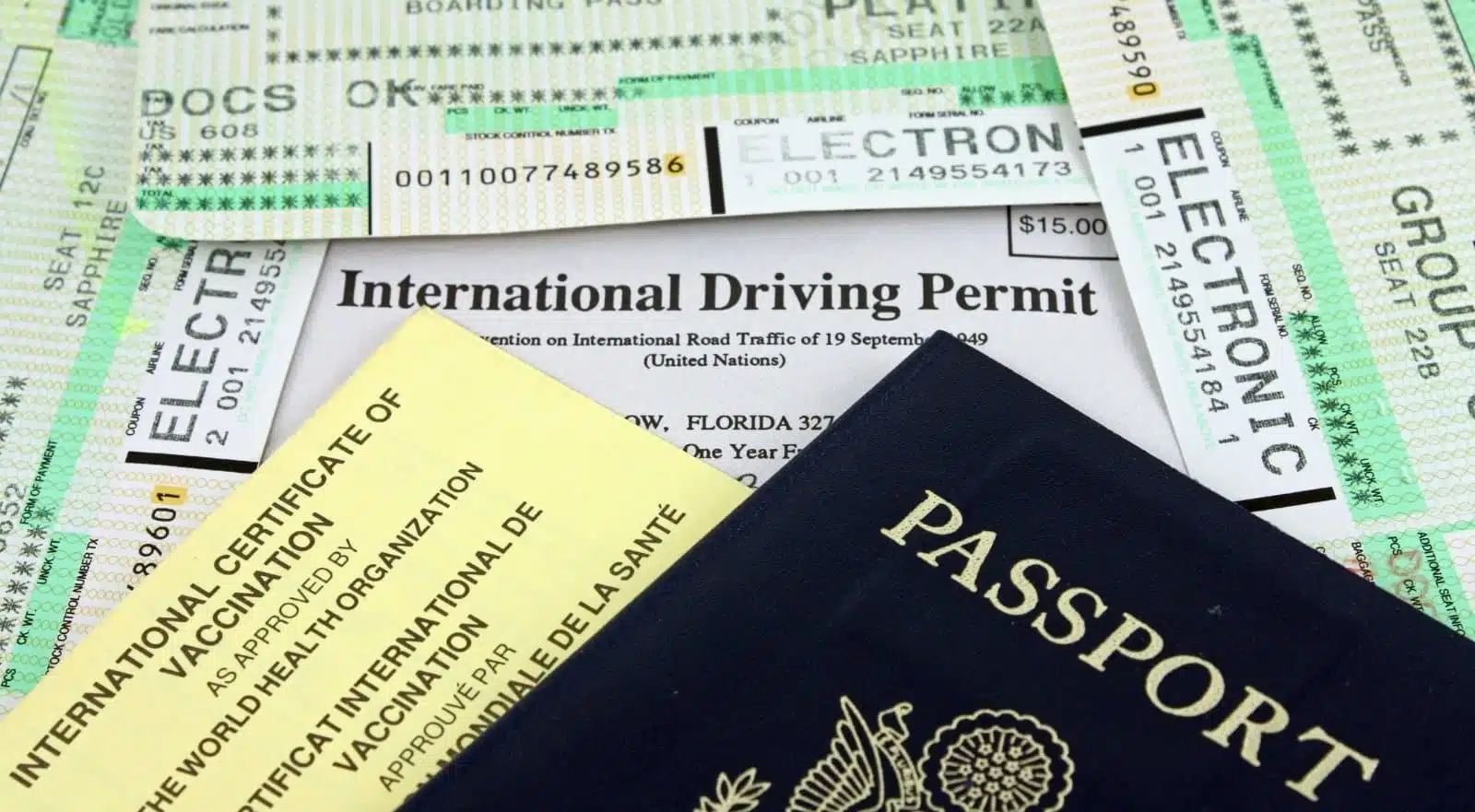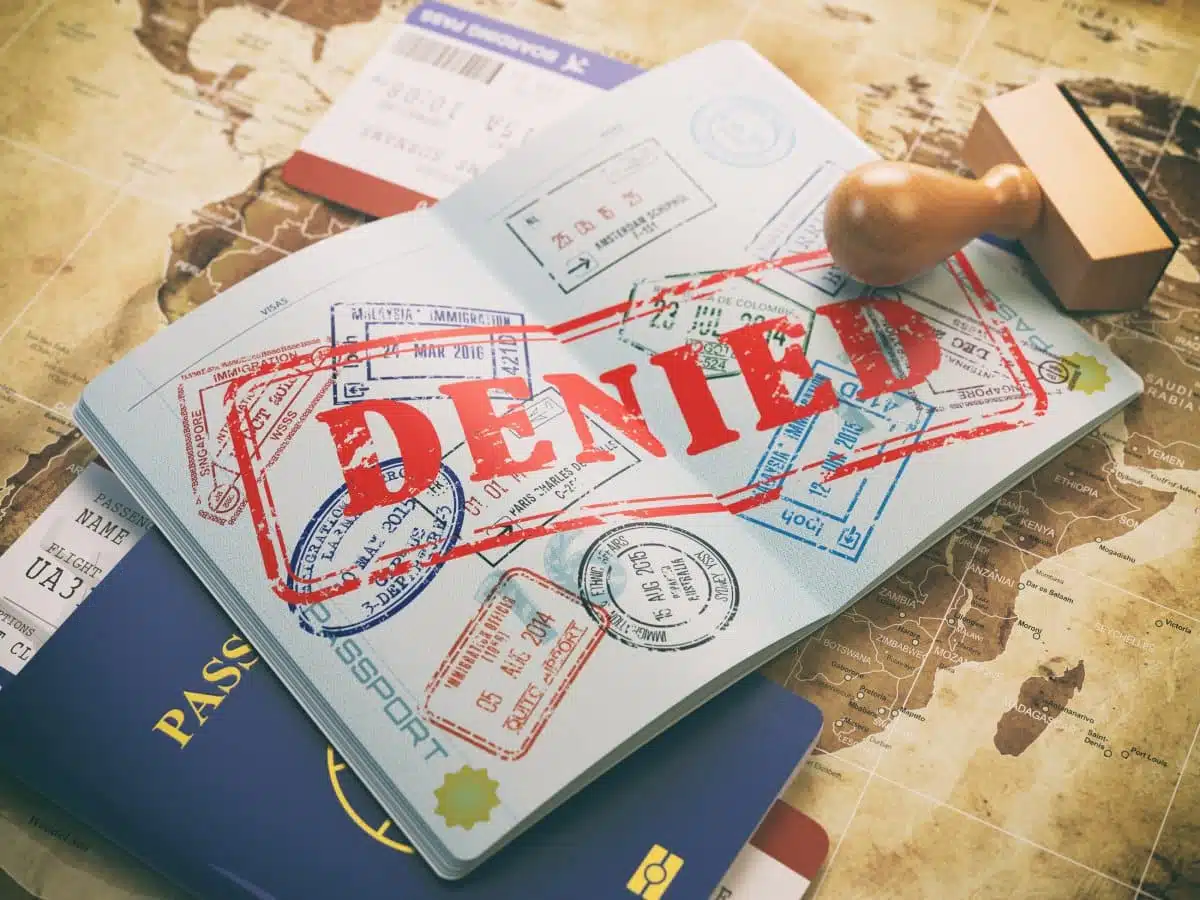Since 2013, Spain has offered a “Golden Visa” scheme, granting residency to non-EU investors who make substantial real estate purchases. However, amid housing shortages and security concerns, this program is coming to an end. The cessation of these visas will significantly affect Americans and other non-EU citizens looking to gain residency in Spain, compelling them to meet other, potentially more stringent requirements. This change marks a pivotal shift in how Spain manages foreign investment and residency, reflecting broader European concerns about the impacts of such schemes on national security and housing markets.
Residency in Spain

Image Credit: Shutterstock / TTstudio
Since 2013, Spain has had a scheme offering 3-year residency permits to non-EU citizens. However, housing issues and security concerns are bringing it to an end.
A Special Permit

Image Credit: Shutterstock / Jirapong Manustrong
The program allowed for non-EU investors bringing over €500,000 (around $540,000) into real estate to receive a special permit. Investors had to put the money into real estate without a mortgage, then were eligible for the license to live and work in Spain for three years.
EU concerns

Image Credit: Shutterstock / fizkes
The EU has been against schemes like this one due to security concerns. Questions have been raised over whether there are sufficient checks on the origin of these investments.
Spain’s Housing Crisis

Image Credit: Shutterstock / Motortion Films
The Spanish government has mentioned its lack of affordable housing as a key reason behind the program’s end. However, with the low number of these special visas issued since 2013, others argue that this scheme isn’t the cause of the housing problem.
A Chance for Non-EU Citizens

Image Credit: Shutterstock / OPOLJA
From 2013 to 2023, 6,200 of these permits were issued to investors from China, Russia, and the US. According to cnn.com, Russian investment brought more than €3.4 billion into the country.
No More Golden Visas

Image Credit: Shutterstock / asiandelight
The end of the scheme means that non-EU citizens will no longer be able to buy their way into residency and must meet other requirements to settle in Spain.
Similar Elsewhere

Image Credit: Shutterstock / Yasonya
Portugal had a similar program but has reformed it so that the investments involved cannot be in real estate. This is in an effort to ease pressure on the housing market for its citizens. Ireland and the UK also scrapped their equivalent schemes in 2023 and 2022.
Other Ways

Image Credit: Shutterstock / Summit Art Creations
While this particular visa scheme is on its way out, according to idealista.com, there are still several ways for US citizens to relocate. First, you must have health insurance, a clean criminal record, and be self-supporting.
Options for Americans

Image Credit: Shutterstock / Ground Picture
Spain has a newly approved Digital Nomad Visa, designed for those working remotely with related tax advantages. Alternatively, a Business Visa for self-employed people requires around $100,000 in savings in Spain.
Retiring in the Sun

Image Credit: Shutterstock / Cozine
Spain is a popular destination for those looking to retire in the sun, so it has an appropriate visa. If you are self-supporting, not working, and can show enough savings for two years (around $30,000). And you don’t even have to be retirement age!
A Need for Affordable Housing

Image Credit: Shutterstock / 4 PM production
This means that the scheme was involved in less than 0.1% of the 4.5 billion residential sales that occurred during its lifetime. According to idealista.com, the focus should be on providing more housing rather than preventing foreign investment.
Housing Deficit

Image Credit: Shutterstock / Artmim
Spain has the largest housing deficit of any European country. According to europeanconservative.com, rental stock has dropped over 30% in the last six months.
Changes in the Law

Image Credit: Shutterstock / Vitalii Vodolazskyi
Last year, Spain’s Congress of Deputies approved The Housing Law, which included around ten measures to tackle the lack of affordable housing. One measure is capping rent increases at 3%.
Where Else to Go?

Image Credit: Shutterstock / Roman Sigaev
immigrantinvest.com has done the hard work for you and compiled a list of the easiest places to get a residence permit. Malta, Montenegro, Greece, Cyprus, and Portugal are listed as the most accessible European countries.
What About Tourists?

Image Credit: Shutterstock / Olena Yakobchuk
While those with enough money can choose from more than one visa, tourists face a different issue.
Sufficient Funds

Image Credit: Shutterstock / Africa Studio
When entering Spain, officials can require proof that visitors have sufficient funds. The Ministry of Interior requires a minimum of €113.40 per day and a total of €1010.60.
A Rising Cost

Image Credit: Shutterstock / Thapana_Studio
This rule has been in effect since 2022, but the amount required has increased yearly, from €100 a day in 2022 to €108 in 2023 and now €113.40.
Other Requirements

Image Credit: Shutterstock / Ekaterina Pokrovsky
When dealing with border control, you may also be asked to show proof of accommodation and onward travel, which are standard requirements for many countries.
Just in Case

Image Credit: Shutterstock / Ken Durden
These proofs all come under the “if required to do so” rules, meaning that you may be asked to prove all, some, or none of them. Better safe than sorry!
Safe Travels

Image Credit: Shutterstock / eldar nurkovic
There’s nothing to stop you from gaining smooth entry to Spain as either a tourist or a resident; just make sure you follow all the rules and requirements. Of course, it doesn’t hurt to learn a few words of the local language too!
More From The Green Voyage
Top 10 Trending Travel Destinations 2024
6 Essential Banking Apps for International Travel – Managing Your Finances on the Go
Traveling With Kids – 10 Tips to Create Memorable Family Holidays
The post Americans Can No Longer Pay Their Way Into Spain first appeared on The Green Voyage.
Featured Image Credit: Shutterstock / Maxx-Studio.
